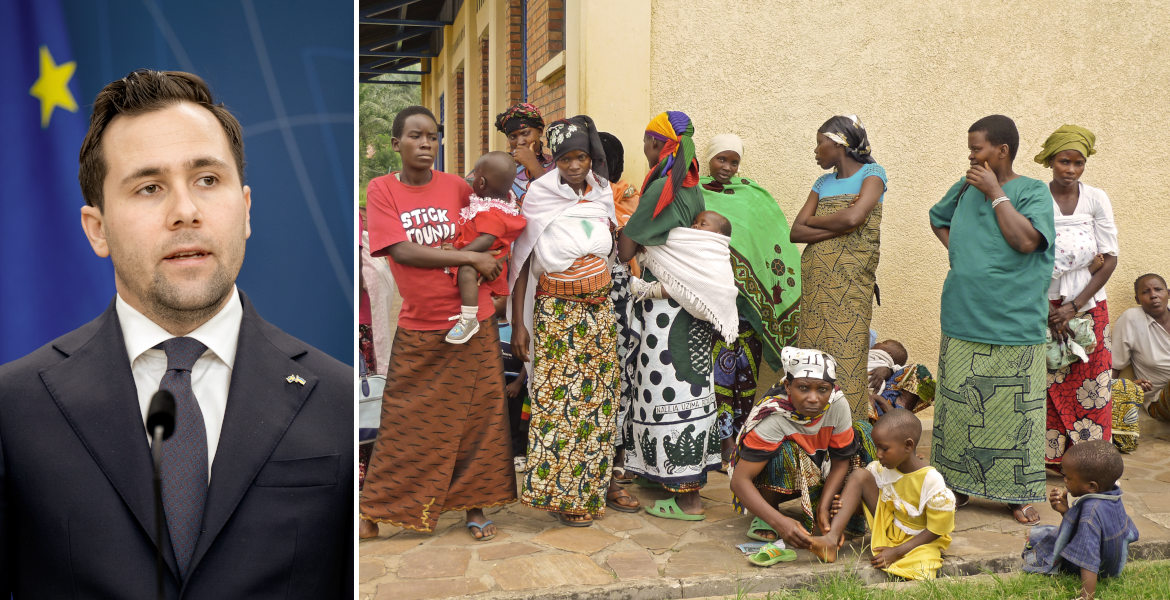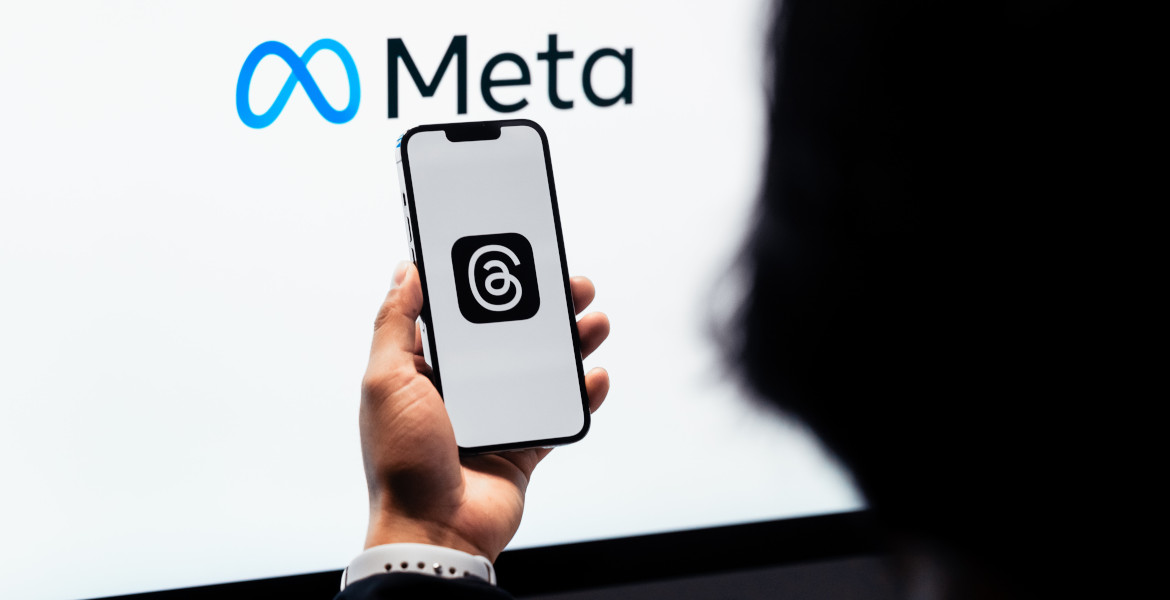The Moderate Party-led Swedish government has decided to contribute €730 million to the International Development Association (IDA), the World Bank's initiative to support low-income countries in the developing world.
The decision, made by the government following a commitment in December last year, means the funds will be disbursed gradually between 2026 and 2034.
According to the government, IDA’s financing model allows each unit of aid funding to leverage between 3.5 and 4 times that amount in loans and grants for recipient countries. The upcoming replenishment of the fund is expected to deliver a total of $100 billion in support to 1.9 billion people across 78 of the world’s poorest countries over the next three years.
– We are currently living in a time characterized by increased economic and geopolitical uncertainty, which particularly affects the world's low-income countries. Sweden is therefore contributing to a record-breaking replenishment of the fund with a total of 8.2 billion SEK (€730 million), says Swedish Minister for International Development Cooperation and Foreign Trade Benjamin Dousa (Moderate Party) in a press release.
He claims this is an "important investment in the future" – not only for poor countries but also for Sweden.
– Every Swedish aid crown to IDA generates three to four times its value in World Bank lending to support sound economic reforms and better conditions for businesses to invest, trade, grow, and employ people in the world's poorest countries, it is stated.
"Reliable partnership"
The Swedish government takes pride in continuing to be "one of the most generous donors to IDA" and affirms that the World Bank is an "important partner for Sweden".
Swedish Minister of Finance Elisabeth Svantesson (Moderate Party), who currently chairs the Development Committee of the World Bank and IMF, the institutions' highest advisory body on development issues, takes the opportunity to praise the organization.
– The substantial replenishment of IDA demonstrates donors' confidence in the World Bank as an effective and reliable partner. I am particularly pleased with the institution's focus on job creation and growth-promoting reforms during this time of global economic uncertainty and low growth.
The International Development Association (IDA) is part of the World Bank and provides grants and concessional loans to the world's poorest countries. Its stated goal is to reduce poverty by financing projects in areas including public administration, education, health, and infrastructure. The allocation of funds is based on each country's needs, capacity, and willingness to implement reforms in economic, social, and institutional areas.
IDA has repeatedly faced criticism for linking its aid to demands for political reforms that are perceived as externally imposed. Critics argue that this undermines national sovereignty and forces governments to implement reforms that lack both popular support and grounding in local needs and priorities.




